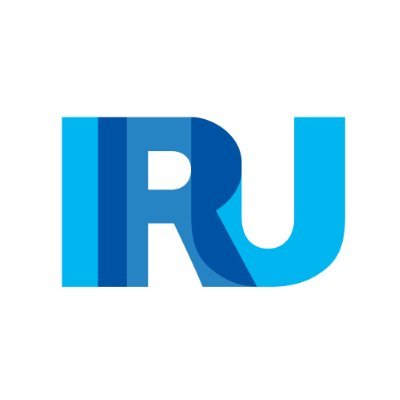BAKU, Azerbaijan, September 2. The IRU Green Compact sets out a clear roadmap for the industry to achieve global decarbonization goals while continuing to provide transport services to people, communities, and businesses, IRU Secretary General Umberto de Pretto, in an exclusive interview, told Trend.
"The TIR system itself has proven that it can reduce CO₂ emissions by up to 90 percent in border crossing areas. Using a comprehensive well-to-wheel approach to measuring CO₂ emissions, the IRU Green Compact explores, systematizes, and tracks measures in five key areas. Firstly, these are alternative fuels — the accelerated introduction of low- and zero-carbon energy sources, including electricity, hydrogen, biodiesel, biogas, and e-fuel," the secretary general noted.
He also stressed the importance of efficient logistics — digitalization, automation, intelligent route planning, the use of eco-friendly trucks, and optimization of transport times.
The official stated that energy-efficient transport includes improving the materials and design of vehicles, tires, engines, lubricants, and fleet renewal.
"We pay great attention to the role of effective drivers—monitoring, training, upskilling, and certification. It is equally important to develop collective mobility: introducing integrated tickets and schedules, increasing service frequency, developing terminals and infrastructure, and promoting sustainable modes of transport," De Pretto said.
He emphasized that IRU members have committed to achieving carbon neutrality in the transport sector by 2050.
"However, the transport and energy situations in different countries and regions vary significantly. The set of solutions that promotes carbon neutrality in one country may not be suitable for another. This is equally true for neighbors and for countries on different continents," the secretary general noted.
De Pretto stated that this is why the Green Compact is based on regional flexibility in data collection, testing, and scaling solutions. Based on current research, new models and tools are being developed that will be applicable in all regions of the world, for all types of road transport, and at different levels of policy development.
"Green Compact offers companies and authorities two key tools for decarbonizing transport and planning sustainable policies. The first tool is the Alternative Fuel and Energy Efficiency Model (AFEM), a dynamic simulation model of vehicle movement. It takes into account mileage cycles, driver and vehicle characteristics, and simulates movement dynamics. AFEM allows you to estimate CO₂ emissions and energy consumption, which makes it possible to quickly compare different powertrains and solutions," he said.
The Secretary General noted that the second tool is the Decarbonization Roadmap Marker (DRM), software for calculating annual CO₂e emissions from road freight transport. DRM uses freight turnover data to generate virtual trips with different types of trucks, loads, and driving cycles. It takes into account the impact of logistics on virtual trips and the impact of technology on the physics of movement through integration with AFEM. This tool allows you to analyze past emission mechanisms and simulate decarbonization roadmaps.
According to him, there are several areas for further improvement. In particular, it is necessary to eliminate legal fragmentation, develop digitalization (which is impossible without increasing interoperability on multimodal corridors), and ensure the sustainability of supply chains.
De Pretto noted that at the same time, attention should be paid to the Caspian Sea. Its shallowing is an alarming signal for the region's transport stability. This affects freight volumes. In addition, the Caspian Sea is very prone to storms, which objectively limits the potential and stability (resilience) of RO-RO and RO-PAX lines.
''Inclusive partnerships, which involve not only closer cooperation between ministries and agencies within the public sector, but also, first and foremost, genuine public-private partnerships. Transport operators – of all modes of transport – know best how to organize services in the most efficient and environmentally friendly way. For our industry, sustainability equals efficiency, and efficiency equals profitability. Therefore, policymakers need to listen more to feedback from the private sector working "on the ground" and respond accordingly,'' the secretary general concluded.







